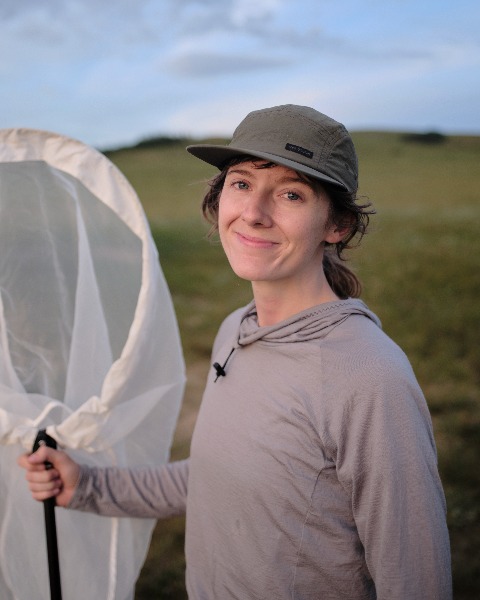10-Minute Presentation
Systematics, Evolution, and Biodiversity
10-min: SysEB, Biodiversity 1 - Guarding Our Natural Heritage
Mapping parasite and predator diversity in Asian honey bee populations
Sunday, November 9, 2025
10:12 AM - 10:24 AM Pacific
Location: Oregon Convention Center, B116, OCC

Madison Sankovitz (she/they)
Postdoctoral Associate
University of Colorado
Boulder, Colorado
Samuel D. Ramsey
Endowed Assistant Professor of Entomology
University of Colorado
Boulder, Colorado
Presenting Author(s)
Co-Author(s)
Honey bees (Apis) face a diverse and evolving array of natural enemies, including parasitic mites and predatory wasps. These threats pose significant challenges to both wild and managed honey bee populations globally, as invasive species continue to cross borders. Understanding the diversity and distribution of these antagonists is essential for improving honey bee health and biosecurity worldwide. This presentation will share findings from ongoing collaborative research investigating the parasites and predators of honey bees across multiple regions in Asia. Field surveys conducted in Bangladesh, India, Japan, Mongolia, the Philippines, Singapore, South Korea, Taiwan, and Thailand targeted apiaries and wild colonies of honey bees, with specimens analyzed for the presence of mites (Varroa, Tropilaelaps), predatory hornets (Vespa), and emerging pathogens. Emphasis will be placed on diagnostic approaches and geographic variation, including preliminary insights into mite distribution. This work contributes to broader efforts to monitor invasive species and inform sustainable management practices in both native and introduced honey bee populations. By integrating entomological fieldwork with international collaboration, this research highlights the importance of cross-border surveillance in an era of accelerating species movement and agricultural interdependence.
.png)
